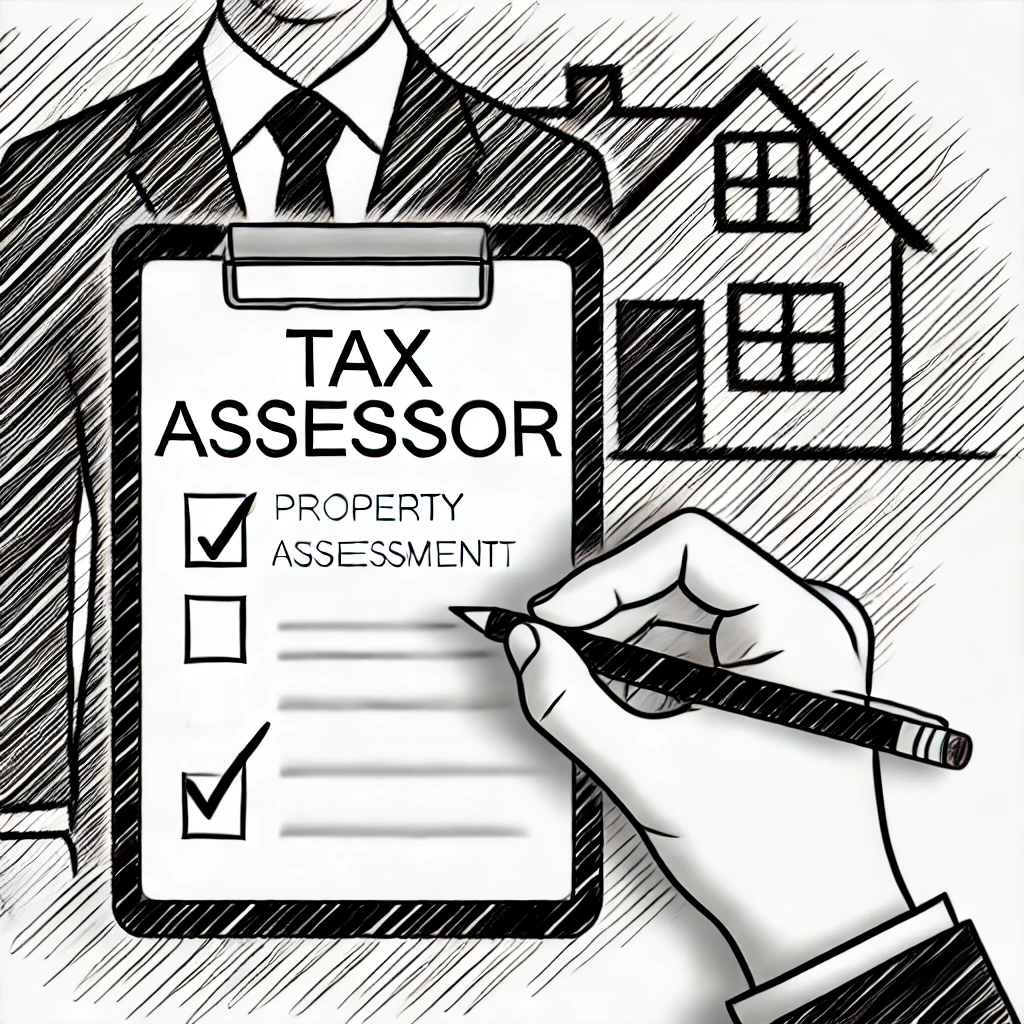Understanding Future Property Taxes for Homeowners Rebuilding or Repairing Their Home

Rebuilding or repairing your home after a disaster can be an overwhelming process, and one of the important financial considerations to keep in mind is how your future property taxes might be affected. Property taxes are based on the Assessed Value of your home, and significant repairs or rebuilding can lead to a reassessment that might increase your Property Tax bill.
This detailed article will explore how future property taxes are determined after a rebuild or repair, provide practical advice for managing potential increases, and offer specific examples to help you navigate this aspect of your recovery. Relevant web links are also provided for further reading.
How Property Taxes Are Determined
Property taxes are typically calculated based on the assessed value of your property, which is determined by a local tax assessor. The assessed value is often a percentage of the property's market value. Property taxes are used to fund local services such as schools, roads, and public safety, making them an essential part of municipal budgets.

Factors Influencing Future Property Taxes After Rebuilding or Repairing
Several factors can influence how your property taxes might change after rebuilding or repairing your home:
Reassessment Due to Improvements
Extent of the Work: If you’ve made significant improvements or rebuilt a large portion of your home, the local tax assessor may reassess the property to reflect its new market value. This reassessment could result in a higher assessed value and, consequently, higher property taxes.
Changes in Property Use
New Uses: If you convert part of your home to a rental unit, a home office, or another business use, this could also trigger a reassessment and potentially higher property taxes, especially if the property generates additional income.
Local Property Tax Rates
Rate Changes: Property tax rates are determined by local governments and can change over time. Even if your home’s assessed value remains the same, an increase in the tax rate could lead to higher property taxes.
Exemptions and Relief Programs
Eligibility for Exemptions: Some homeowners may qualify for property tax exemptions or relief programs, especially after a disaster. These programs can help mitigate the impact of higher property taxes resulting from a reassessment.
Potential Impact of Rebuilding or Repairs on Property Taxes
1. Minor Repairs with No Significant Increase in Assessed Value
Scenario: A homeowner repairs minor storm damage to their roof and replaces a few windows. The total cost is $10,000.
Reassessment Outcome: The local tax assessor determines that these repairs are routine maintenance and do not significantly change the home’s market value.
Property Tax Impact: The assessed value remains unchanged, and the homeowner’s property taxes stay the same.

2. Major Rebuild Leading to Increased Assessed Value
Scenario: A homeowner’s house is partially destroyed by a fire, leading to a complete rebuild of the damaged section and an upgrade to the kitchen. The total cost is $150,000.
Reassessment Outcome: The tax assessor re-evaluates the property and increases the assessed value from $300,000 to $400,000 due to the improvements.
Property Tax Impact: The homeowner’s property taxes increase based on the new assessed value. If the local tax rate is 1.5%, the property taxes rise from $4,500 (based on the old value) to $6,000 (based on the new value).
3. Property Tax Relief Programs
Scenario: A homeowner rebuilds their home after a hurricane and qualifies for a local disaster relief program that freezes property taxes at the pre-disaster level for five years.
Reassessment Outcome: Although the home’s assessed value increases due to the rebuild, the disaster relief program temporarily freezes the property taxes.
Property Tax Impact: The homeowner continues to pay the same property taxes for five years, after which the new assessed value will be used to calculate property taxes.
Advice for Managing Future Property Taxes
Understand Your Local Property Tax Laws
Research Local Rules: Property tax laws and reassessment practices vary widely by state and locality. Contact your local tax assessor’s office or visit their website to understand how rebuilding or repairs might affect your property taxes.
Keep Detailed Records of Repairs and Improvements
Documentation: Maintain thorough records of all rebuild or repair work, including receipts, Contractor invoices, and before-and-after photos. This documentation can help if you need to appeal a reassessment or apply for property tax relief.
Explore Property Tax Relief Options
Check for Exemptions: Many states and localities offer property tax relief programs for homeowners affected by disasters. These might include tax freezes, exemptions, or deferrals. Be sure to apply for any relief programs for which you are eligible.
Consult with a CPA or Tax Advisor
Professional Guidance: A CPA or tax advisor can help you understand the potential impact of rebuilding on your property taxes and identify strategies to minimize your tax burden. They can also assist with applying for tax relief programs.
Consider Appealing Your Reassessment
Dispute Overvaluation: If you believe that your property has been overvalued after a reassessment, you have the right to appeal the decision. Gather evidence that supports a lower assessed value, such as recent comparable sales or documentation of defects that were not considered in the Assessment.
Plan for Future Tax Increases
Budgeting: If you expect your property taxes to increase after rebuilding, start budgeting for the higher tax bill now. Setting aside funds in advance can help prevent financial strain when the new tax assessment takes effect.
Loti can help:
Storing records of your rebuild / repairs for future tax implications is incredibly important. Similar to insurance claims, our products and services keep those documents organized and easy to manage for taxes, CPAs and more.
Specific Examples
Example 1: Increased Taxes Due to Home Addition
Scenario: A homeowner adds a new bedroom and bathroom to their home during the rebuilding process. The total cost of the addition is $80,000. The home’s original assessed value was $250,000.
Reassessment Outcome: The tax assessor increases the assessed value to $330,000 to reflect the new addition.
Property Tax Impact: If the local tax rate is 1.5%, the homeowner’s property taxes increase from $3,750 to $4,950 annually.
Example 2: Appealing a Reassessment
Scenario: After repairing extensive water damage, a homeowner’s property is reassessed at $500,000, up from $400,000. The homeowner believes the assessment is too high due to ongoing issues with the Foundation that were not considered.
Appeal Process: The homeowner gathers documentation, including a report from a structural engineer, and appeals the reassessment.
Outcome: The appeal is successful, and the assessor reduces the assessed value to $450,000, resulting in a more manageable property tax increase.
Wrap-Up
Rebuilding or repairing your home after a disaster can lead to changes in your property taxes, particularly if significant improvements are made. By understanding how property taxes are determined, keeping detailed records, and exploring available tax relief options, you can manage your future property taxes more effectively.
For more information on property taxes and related topics, consider visiting the following resources:
Local Tax Assessor’s Office: Check your local government’s website for specific information on property tax reassessment rules and procedures.
National Association of Realtors (NAR): Property Taxes: NAR Property Taxes Guide
IRS: Property Tax Deduction: IRS Deductible Property Tax Information
These resources can help you better understand the potential impact of rebuilding or repairs on your property taxes and guide you through the process of managing your tax obligations during and after recovery.